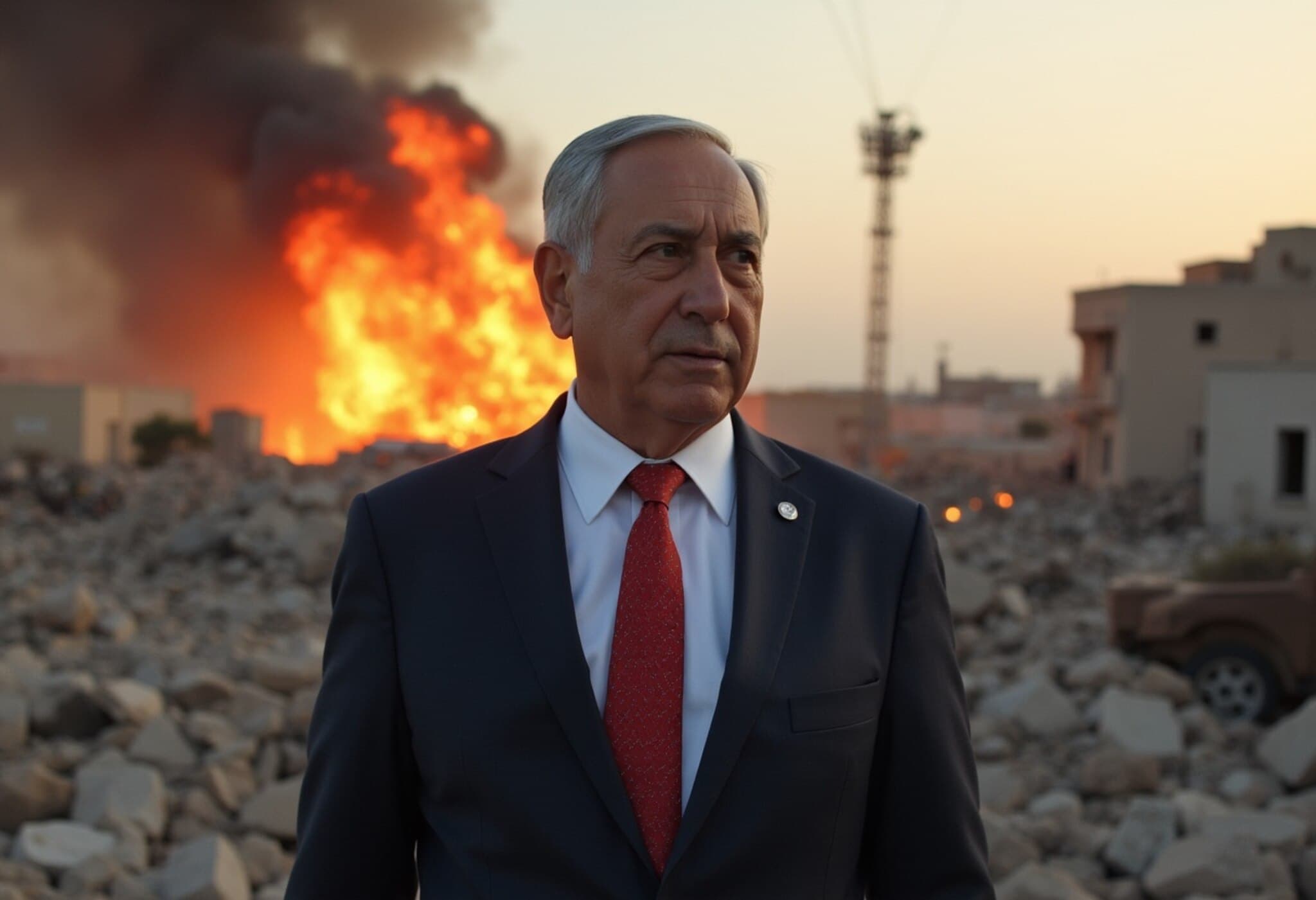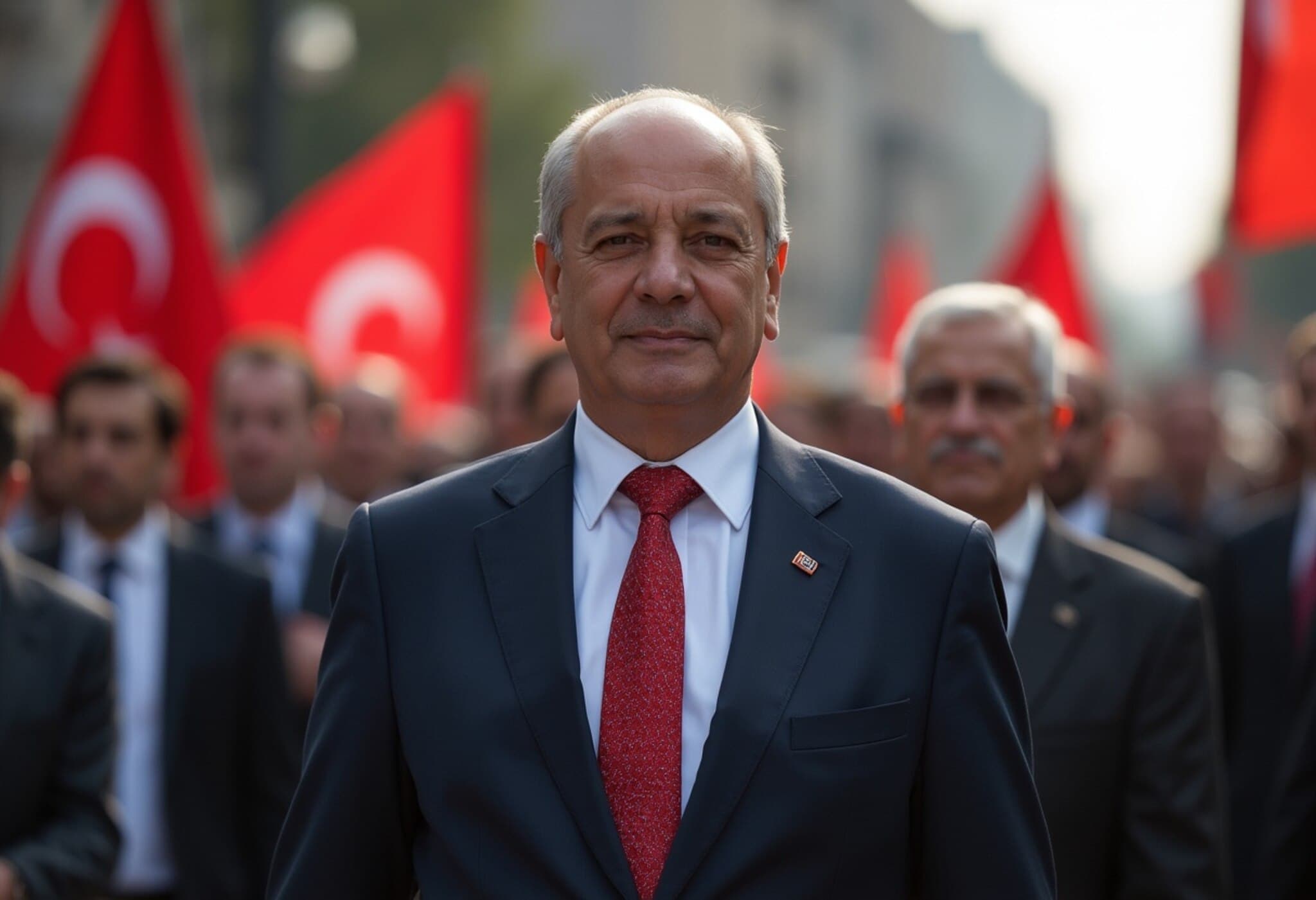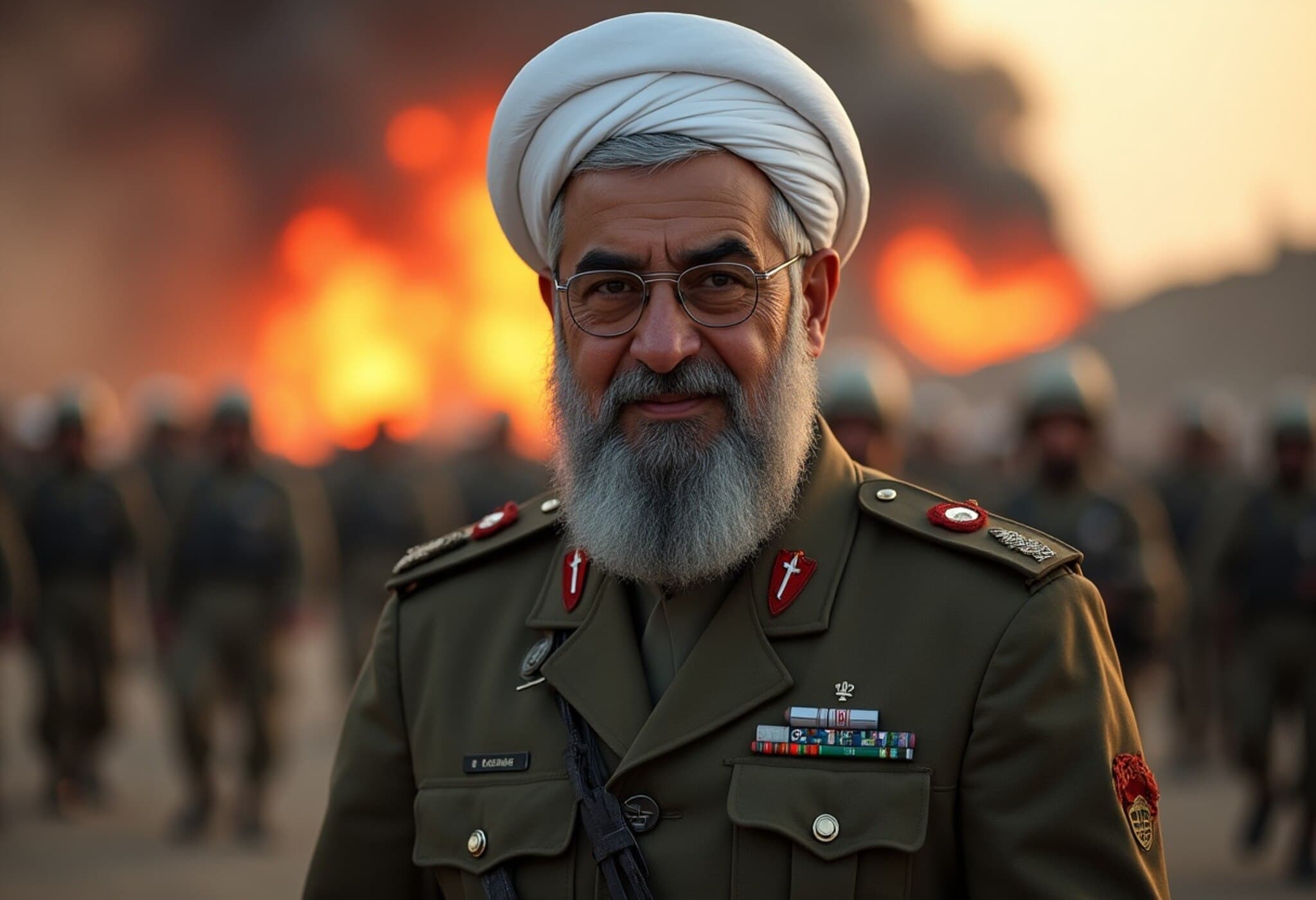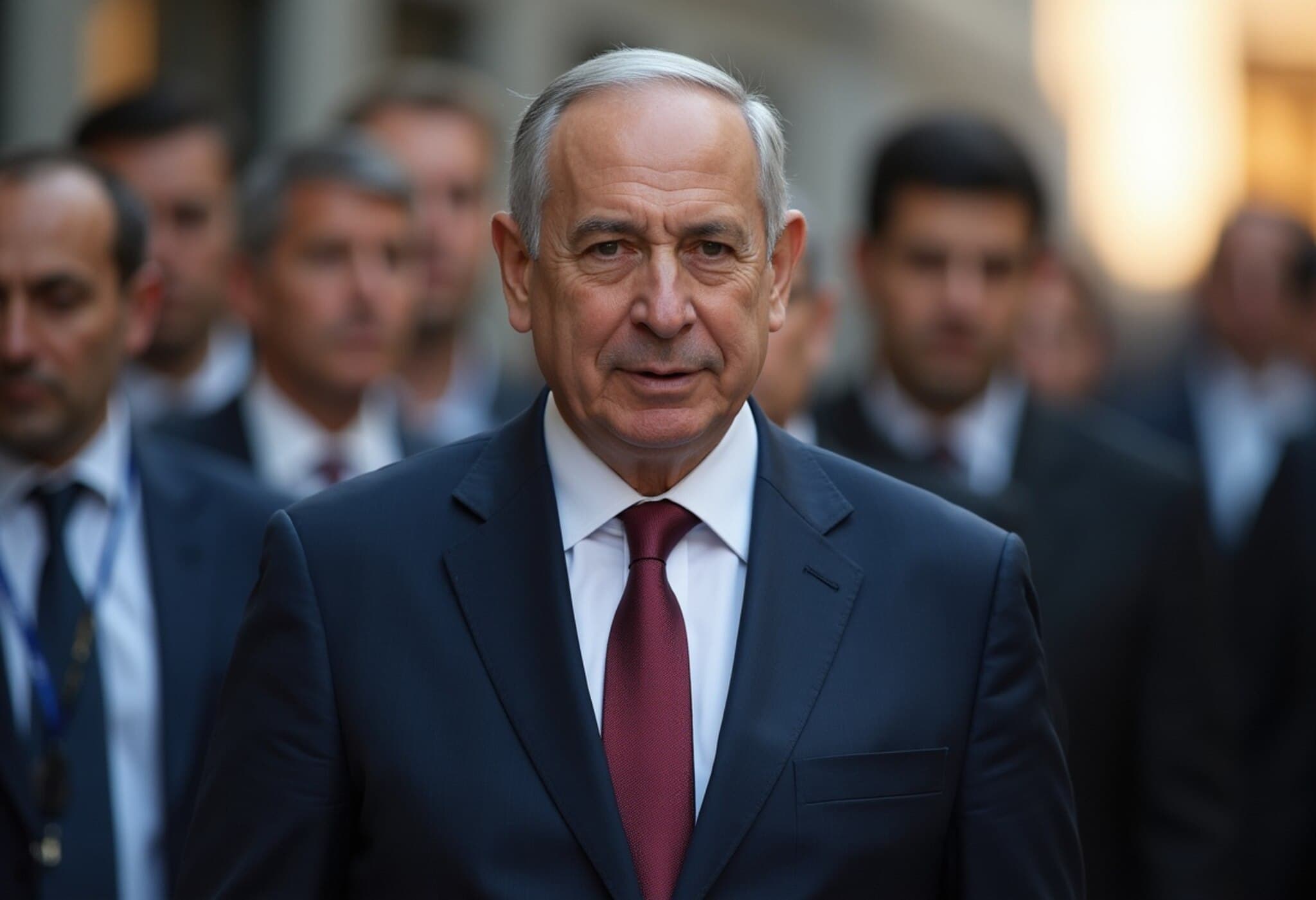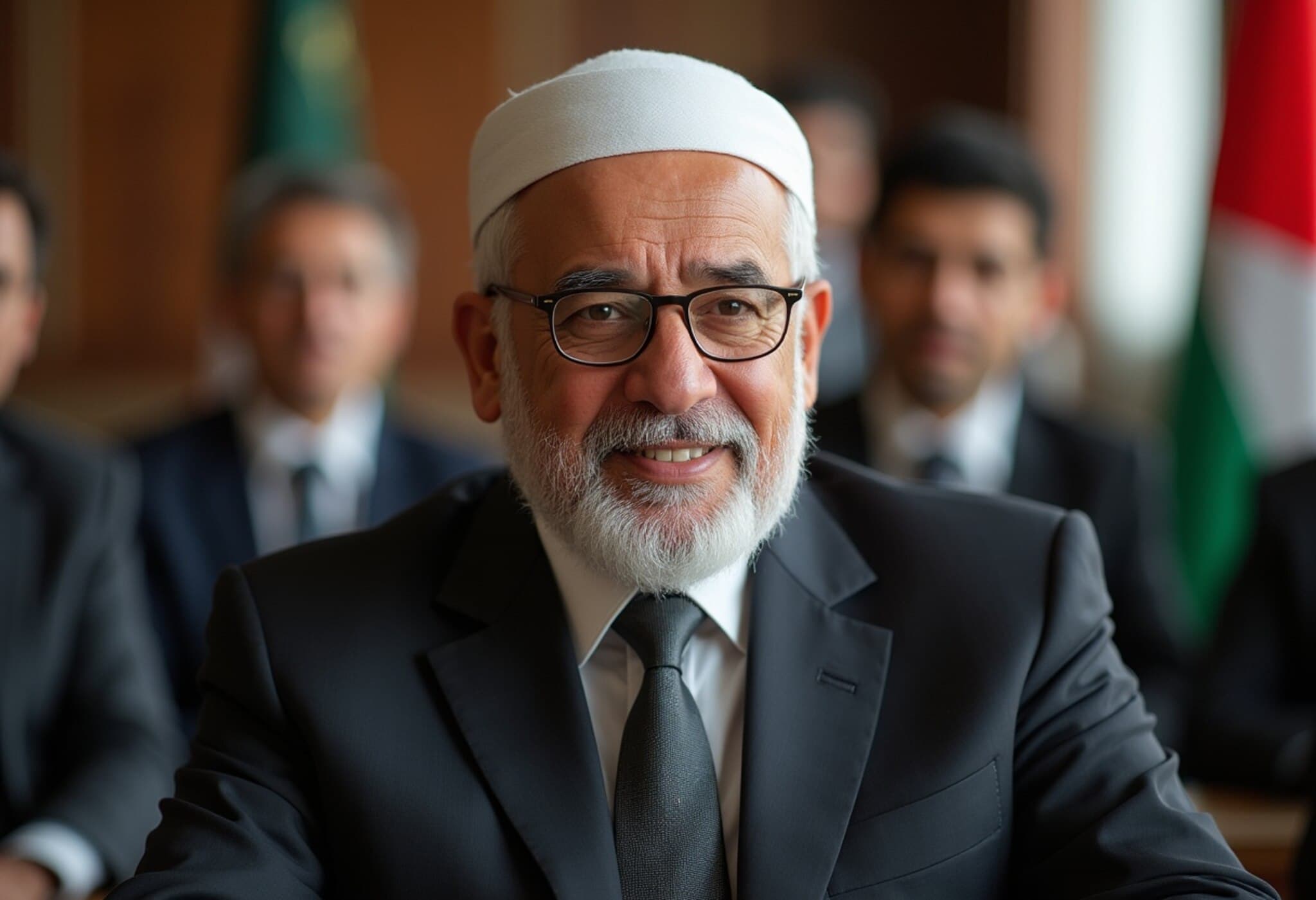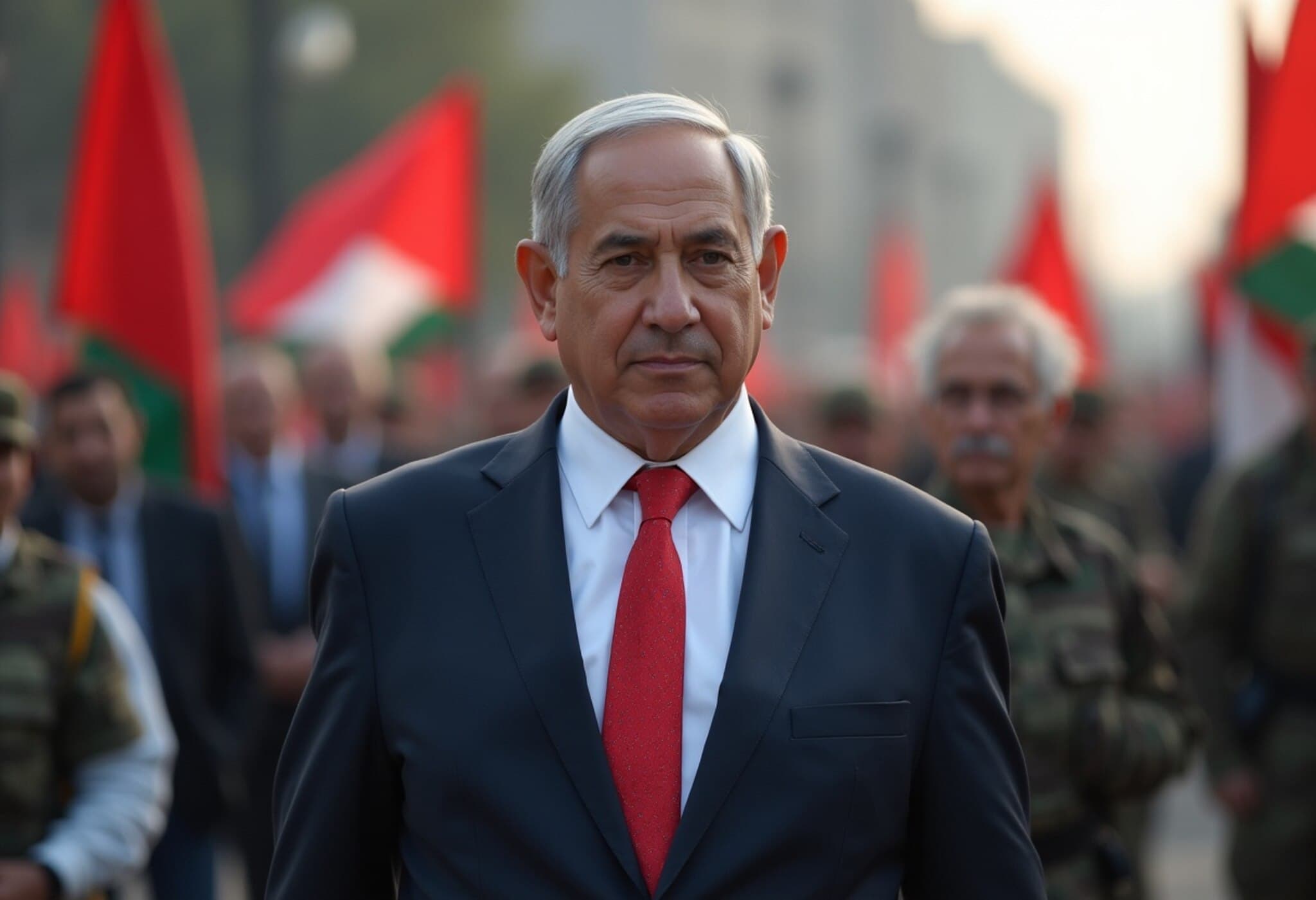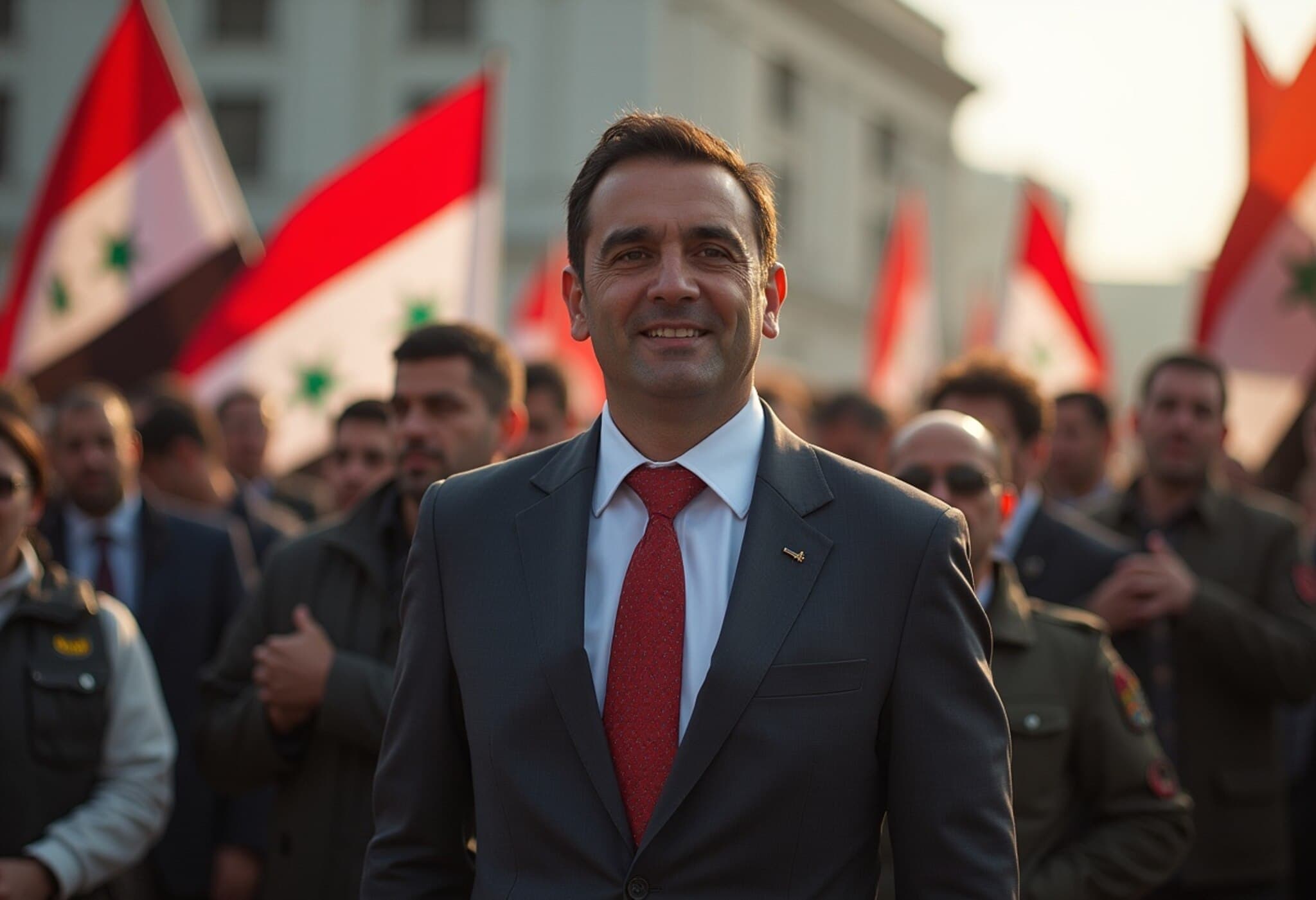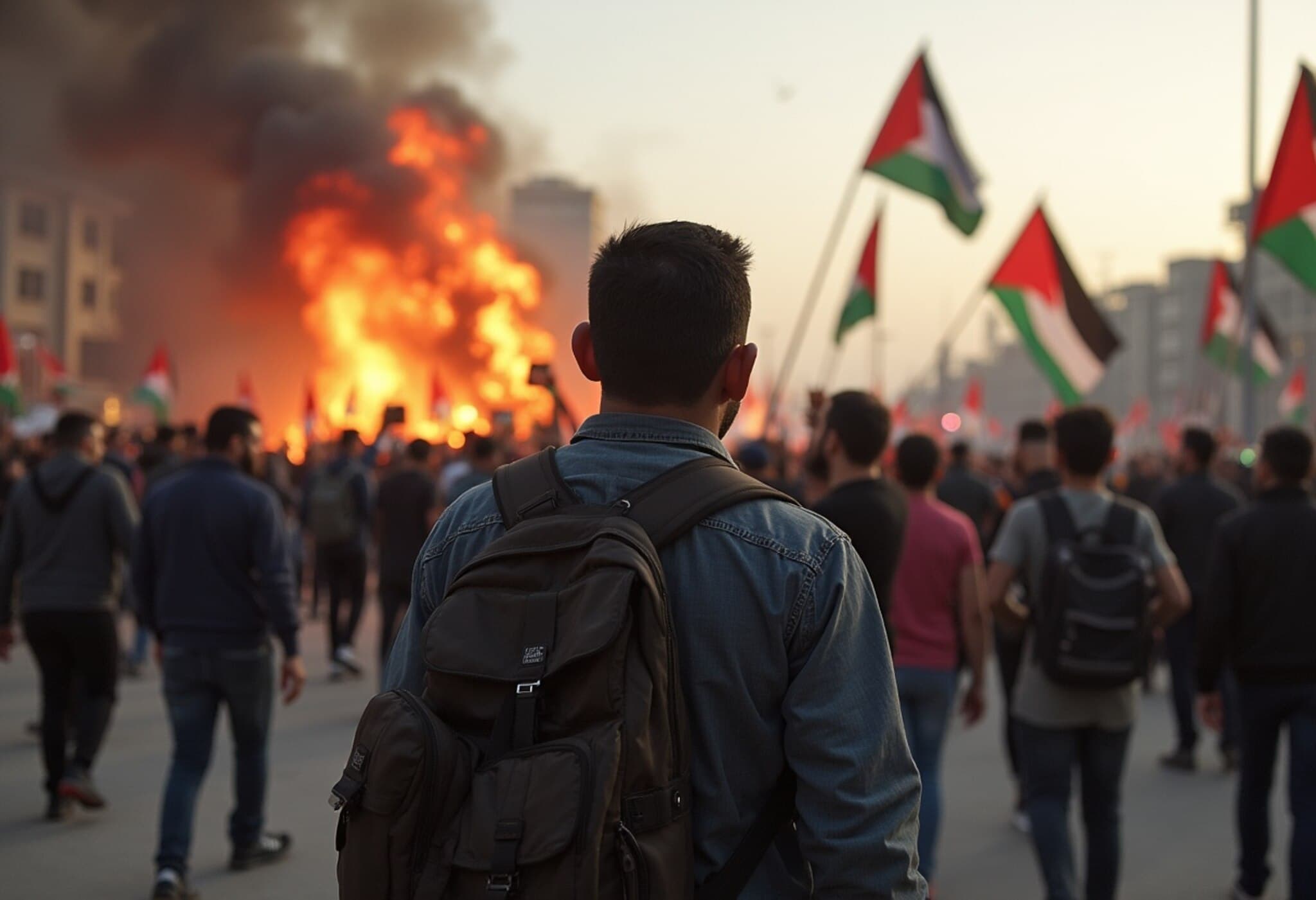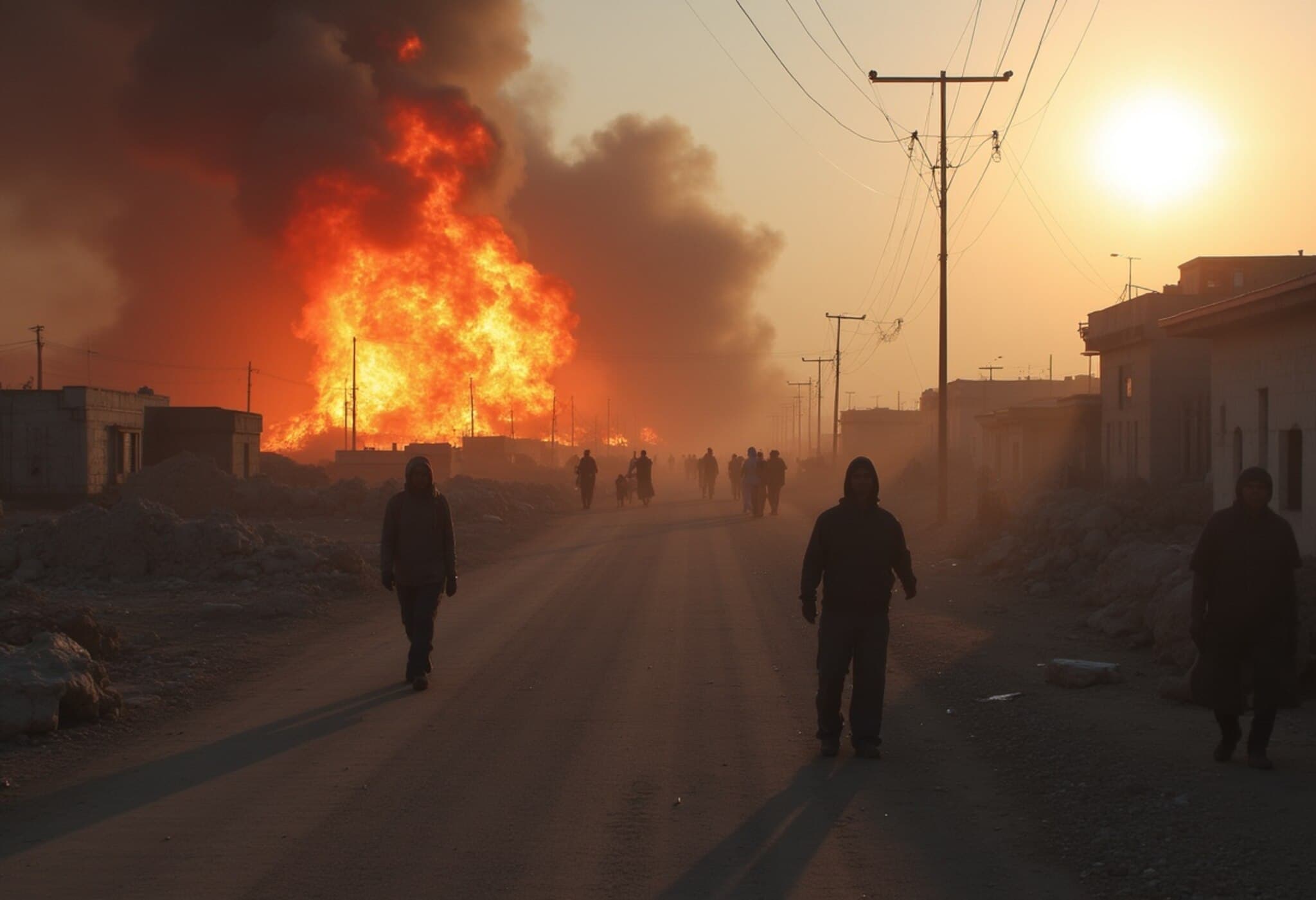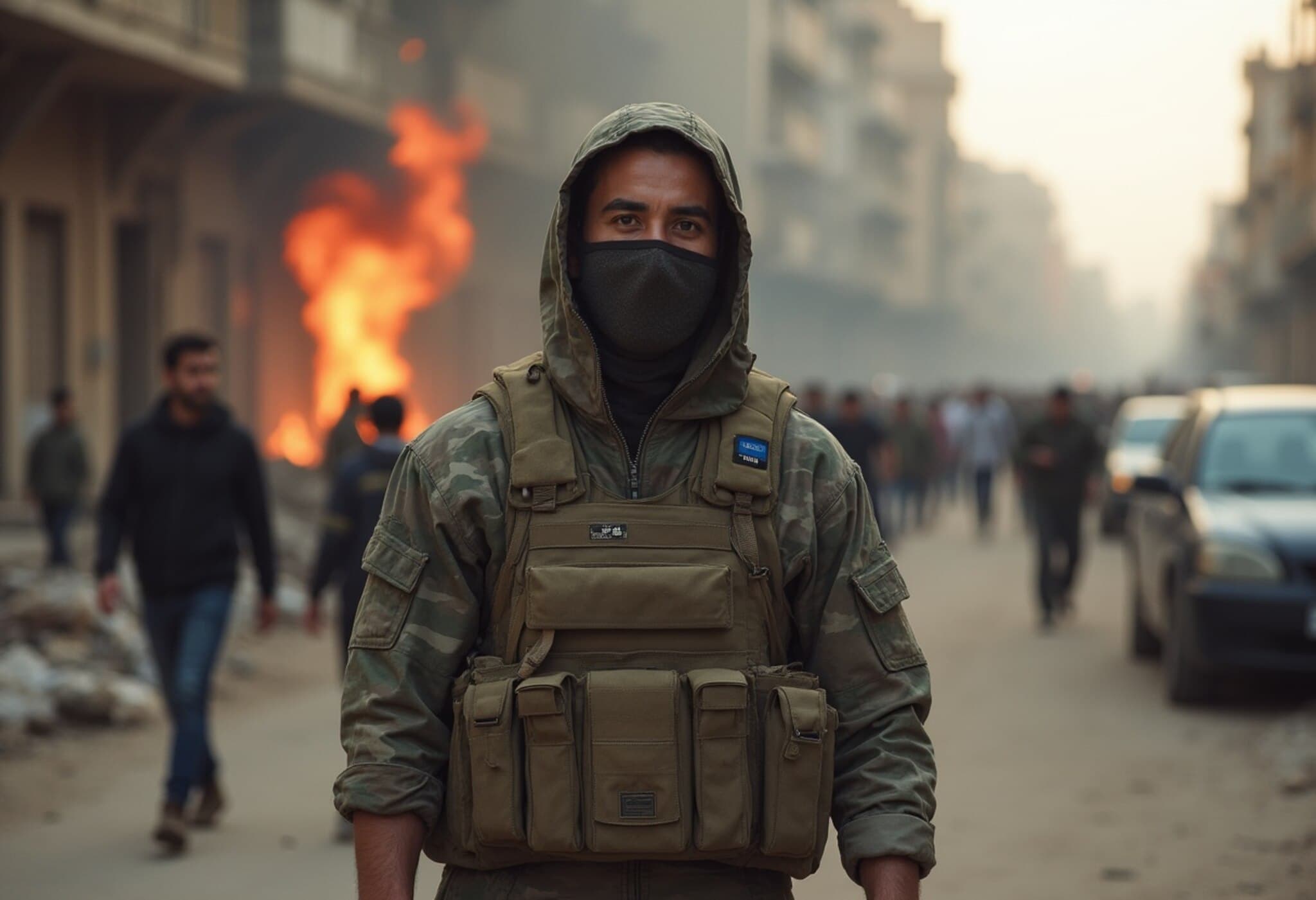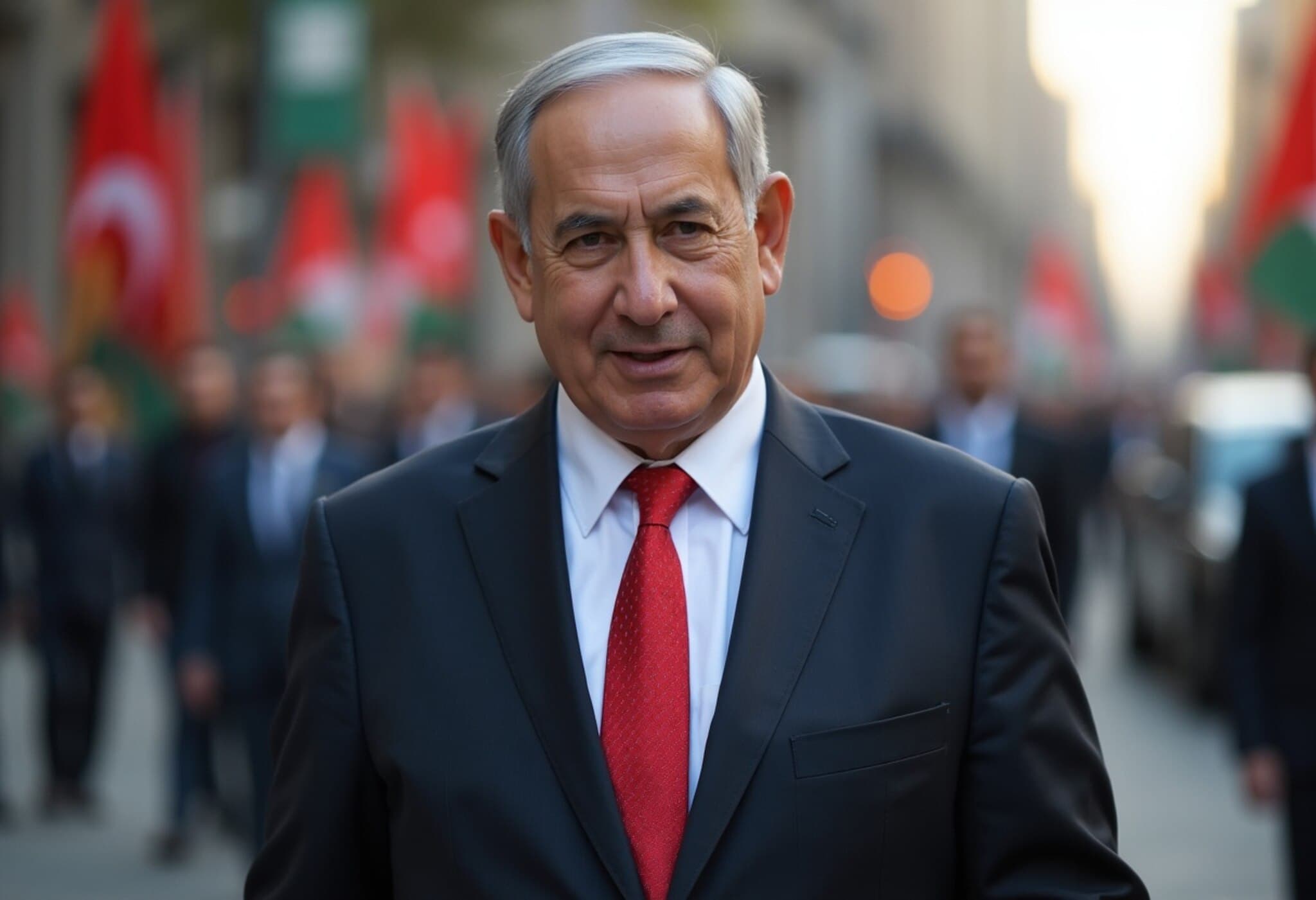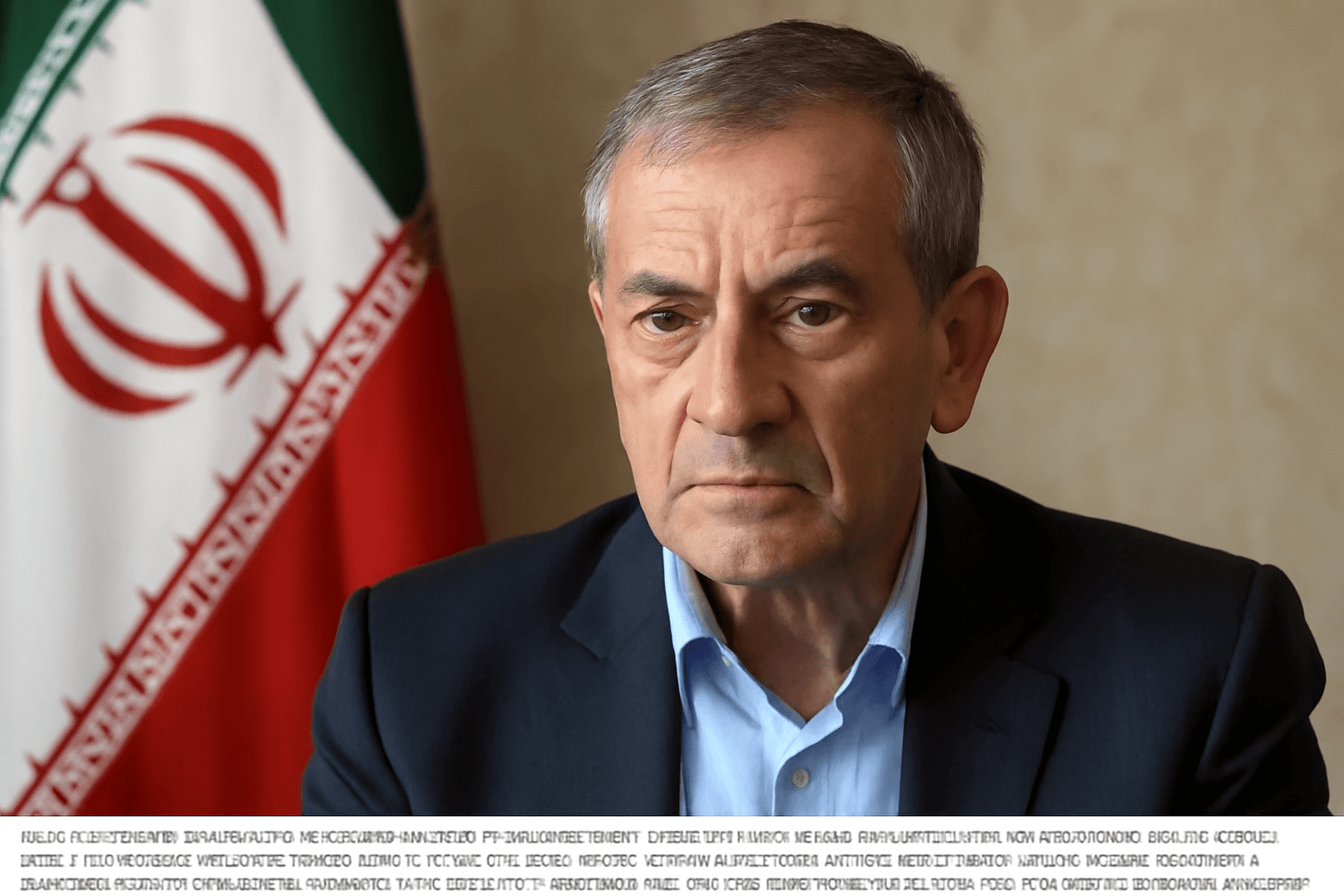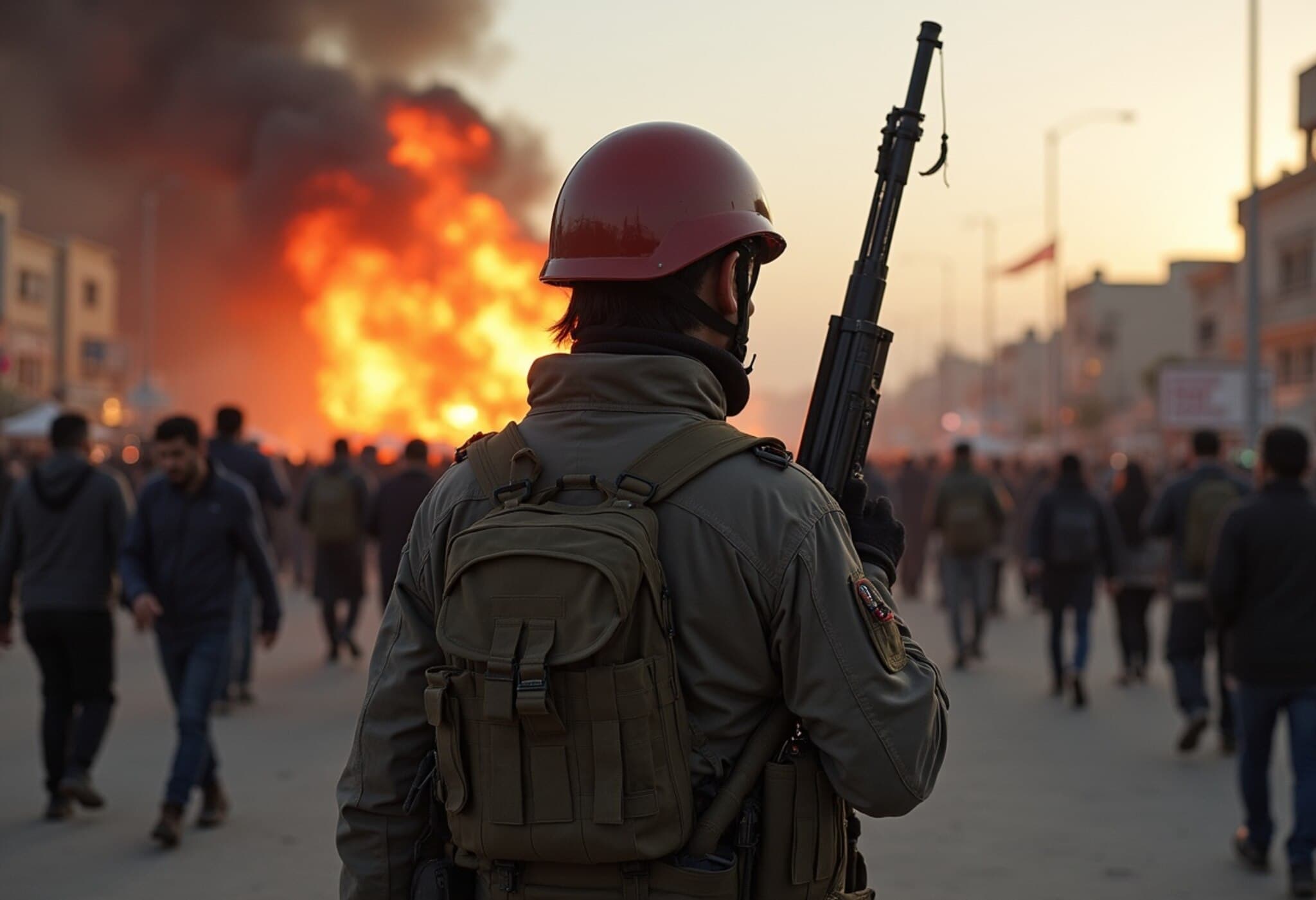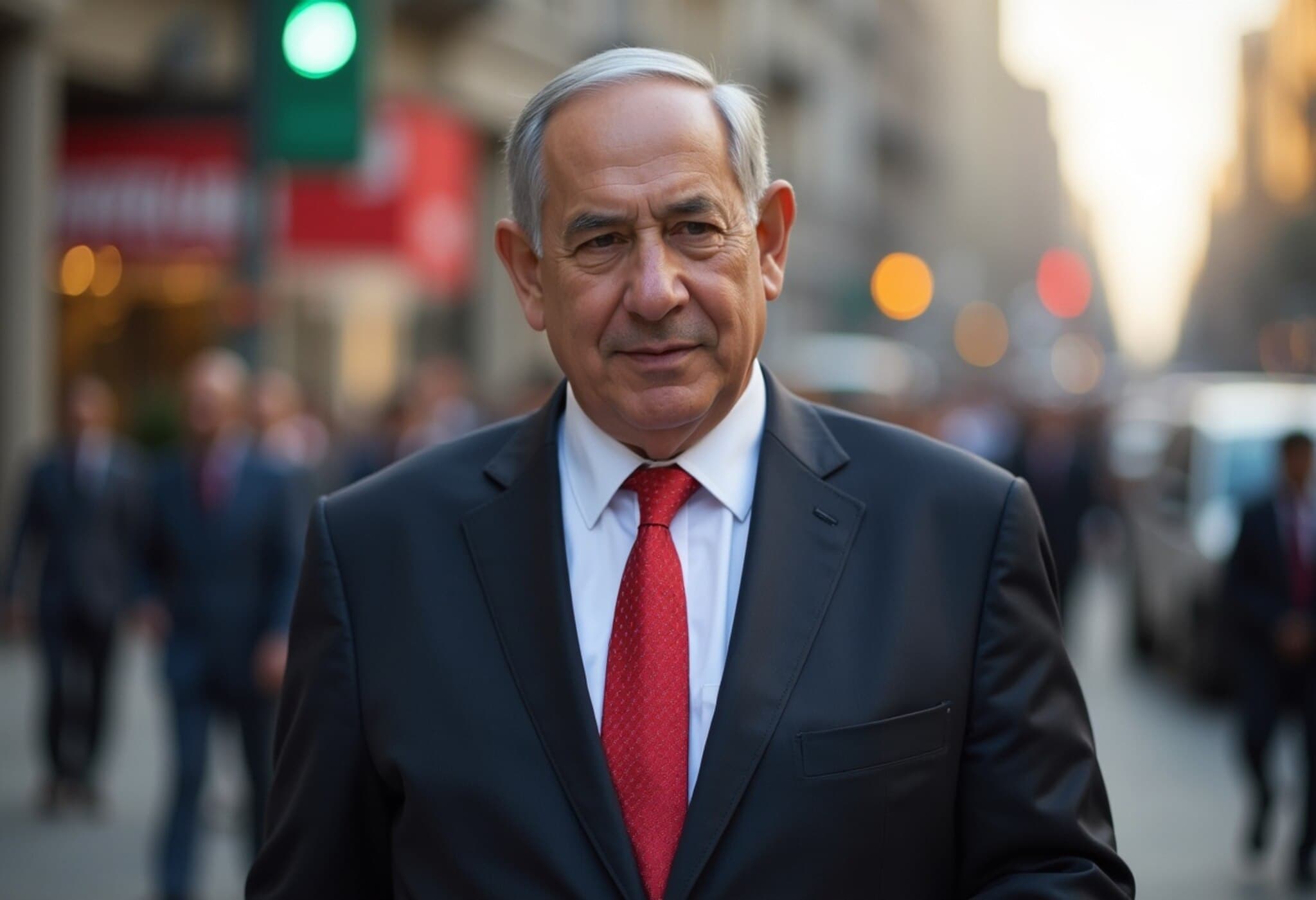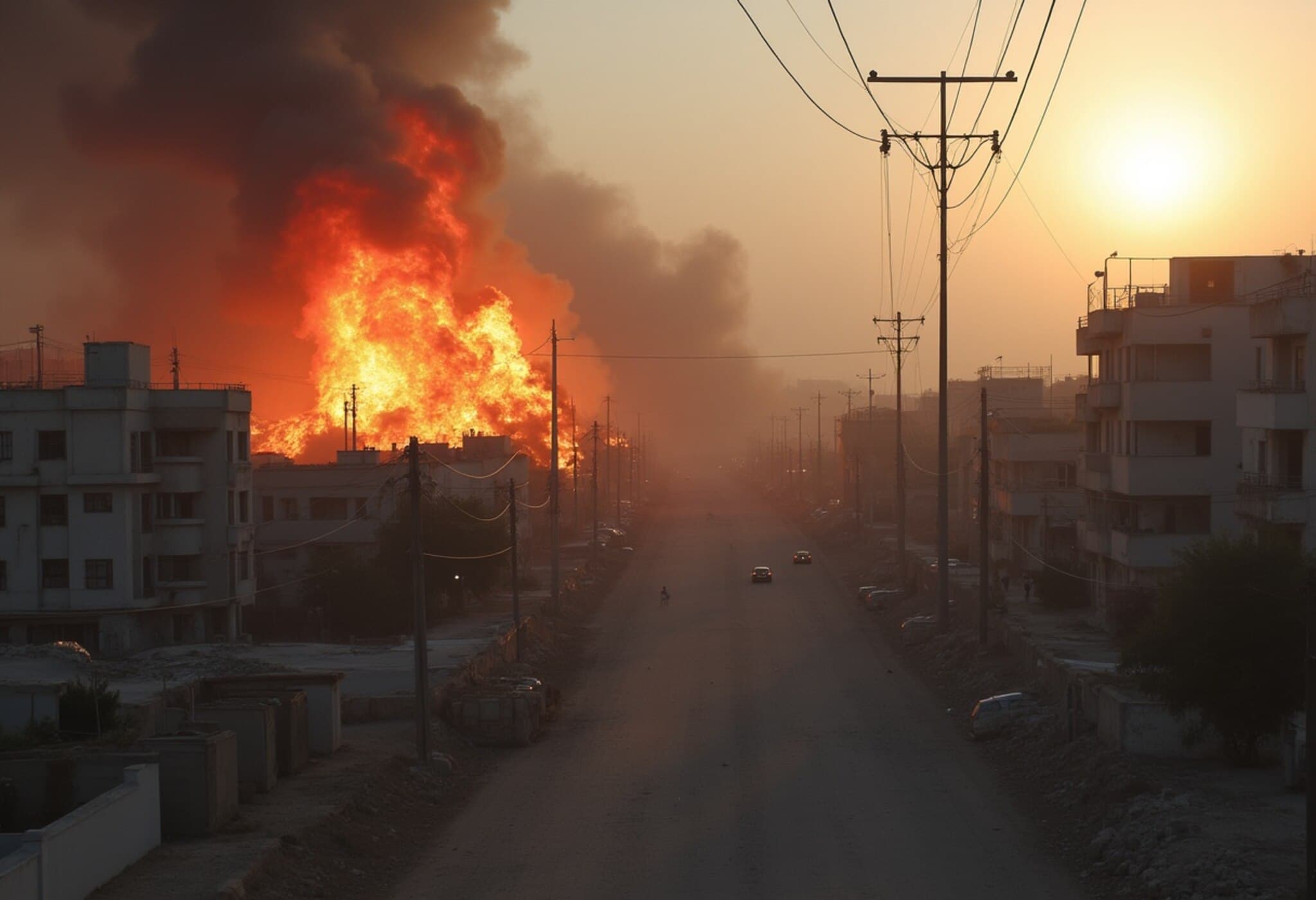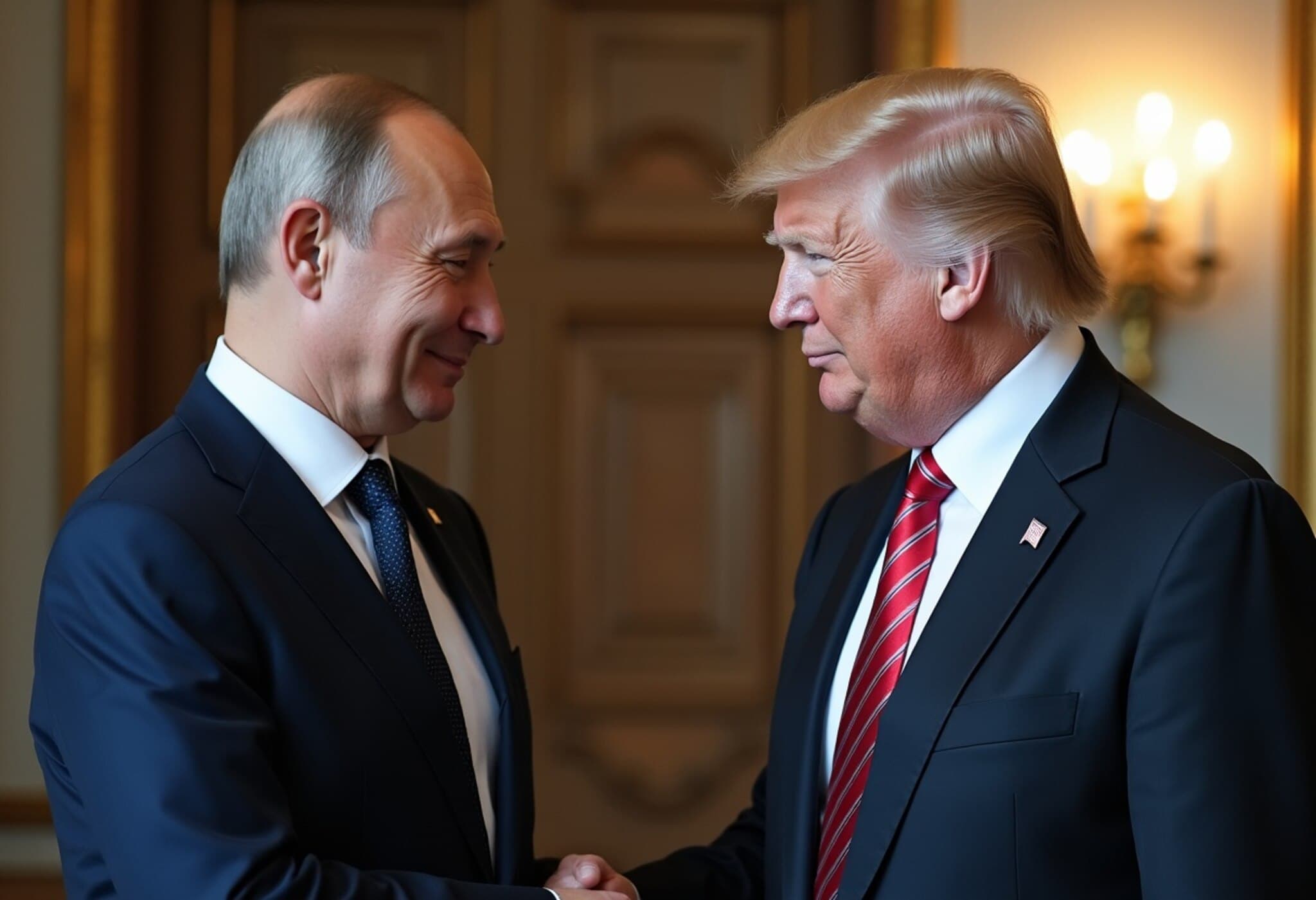The Unseen Challenge: What Happens After the Fighting Ends?
As the conflict between Israel and Hamas escalates, one glaring issue stands out: there is no clear strategy for what comes after the violence subsides. Israeli Prime Minister Benjamin Netanyahu’s administration has focused heavily on military objectives, yet has conspicuously avoided outlining a concrete roadmap for peace or governance once hostilities cease.
Netanyahu’s Ambiguous Vision for Gaza
In a recent interview with Fox News preceding his cabinet’s approval for an expanded occupation of Gaza, Netanyahu declared that Israel does not intend to maintain control over Gaza permanently. Instead, he expressed hopes to create a security buffer and then "hand [Gaza] over to Arab forces that will govern it properly," ensuring security and improved living conditions for Gazans.
However, the critical question remains: which Arab entities are both willing and capable of assuming this responsibility? The glaring absence of a named partner or mechanism for governance underscores the precariousness of Israel’s exit strategy. No regional power has indicated readiness to administer a heavily devastated Gaza, placing Israel at a strategic and diplomatic crossroads.
The Humanitarian and International Repercussions
Israel’s prolonged campaign, initially triggered by Hamas’ brutal assault, has increasingly drawn international condemnation. Humanitarian aid deliveries, often air-dropped amid widespread destruction, have highlighted the severe civilian toll. Critics argue that Israel’s military tactics have lost proportionality—a pillar of international humanitarian law—casting shadows on its moral standing:
- Restriction and manipulation of aid as a military tool
- Excessive damage relative to concrete military gains
- Diminished credibility in global information campaigns
Such realities feed into a rapidly shifting global narrative, where Israel’s self-professed image of operating the "most moral army" faces skepticism. Footage and first-person accounts of civilian casualties endure as powerful counterweights to official claims, fueling growing international disquiet.
Internal Politics: Constraints on Netanyahu’s Maneuvering
Politically, Netanyahu’s hands are tied by his coalition, which relies on support from far-right figures under Western sanctions. This alliance complicates Israel’s diplomatic flexibility and further constrains the prospect of a balanced approach that includes post-conflict recovery plans or meaningful reconciliation efforts.
Global and Regional Dimensions: Australia’s Emerging Position
Though geographically distant, the Gaza conflict resonates globally—including in countries like Australia. Prime Minister Anthony Albanese’s longstanding engagement with the Palestinian question has framed an increasingly vocal and nuanced response.
Australia, alongside like-minded Western nations, is signaling potential shifts in diplomacy. This includes the prospect of recognizing Palestine prior to a formal two-state solution, possibly at the upcoming United Nations General Assembly—a move reflecting growing impatience with stalled peace processes.
- France leads a push to recognize Palestine early.
- UK and Canada indicate conditional recognition.
- Australia is preparing to follow suit with caveats emphasizing diplomacy and ceasefires.
This evolving posture challenges long-standing Western policies and adds another layer to the complex geopolitical puzzle in the Middle East. It also highlights the increasing global impatience with Israel’s prolonged military campaign absent a clear peace framework.
What Lies Ahead?
The absence of a credible and detailed post-conflict plan places Israel and the international community at a perilous crossroads. Without viable governance alternatives for Gaza and clear diplomatic pathways, the cycle of violence and destabilization seems poised to continue.
As destruction compounds, voices advocating for humanitarian considerations, accountability, and a genuine peace process grow louder. The question that looms larger each day is how a sustainable solution can be forged amid entrenched political realities and mounting human suffering.
Editor’s Note:
Netanyahu’s strategic oversight in failing to develop a comprehensive "day after" plan exacerbates an already volatile situation. The conflict's trajectory rests not only on military outcomes but on the international community's ability to rally behind a sustainable peace agenda—one that recognizes the realities on the ground and promotes regional stability. Readers are invited to ponder: Can Gaza’s future be secured without a clear, cooperative governance plan and renewed diplomatic engagement?

